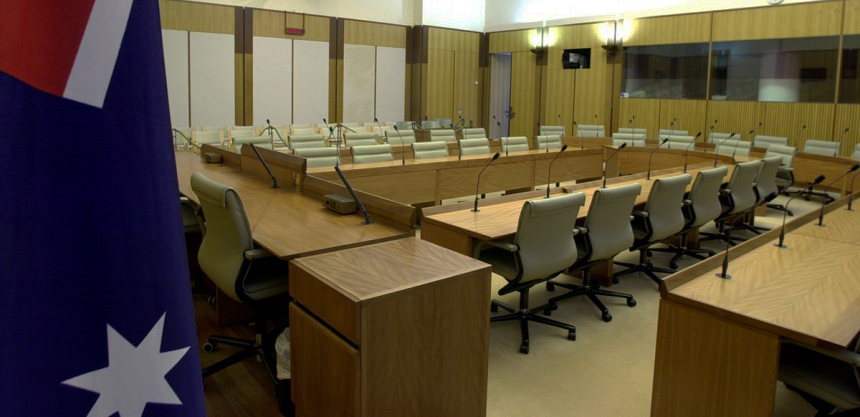Privacy experts are calling on Prime Minister Scott Morrison and Home Affairs Minister Peter Dutton to respect democratic processes and stop attempting to coerce Parliament to push through increased law enforcement powers.
“Conflating terrorism with encryption, as the Ministers have attempted to do, is dangerous and wrong. Law enforcement and intelligence agencies have considerable powers at their disposal to deal with the threat of terrorism and there is currently no evidence that strong encryption has hampered their efforts to do their job,” said Digital Rights Watch’s Lizzie O’Shea.
Ms O’Shea made the comments in reaction to the Prime Minister and Home Affairs Minister’s recent calls for the Parliamentary Joint Committee on Intelligence and Security (PJCIS) to hurry up in its inquiry into the Telecommunications and Other Legislation Amendment (Assistance and Access) Bill 2018.
“In demanding a truncated timetable for this Bill, the government is disrespecting the Australian people and treating parliamentary process with complete contempt,” said Ms O’Shea.
“We’ve already seen the mockery of ‘public consultation’ that this government has engaged in. The Department of Home Affairs consultation into the draft exposure of the Bill garnered more than 15,000 individual submission from the public, civil society and industry. Less than a week after this consultation closed, a largely unchanged Bill was introduced into Parliament.”
“The Australian people can see this for what it is: a craven power grab by weak politicians who are seeking to distract from their own incompetence. Ultimately, we may all pay the price – with ill-fitting and badly designed legislation and provides huge powers with little to no oversight.”
“Encryption is not a barrier to a safe society – quite the opposite – it is a form of protection against criminal acts, including state-sponsored hacking. Encryption plays a role in protecting our digital infrastructure, such as the banking system, the electricity grid and mass transit systems. It is an important line of defence against bad actors, and we weaken it at our peril.”
“Above all else, we must ensure that our democratic systems of review are allowed to operate without interference from Ministers of the day. The committee must be given the time and space to properly assess the risks and provide clear and constructive feedback to the Parliament. We have one chance to get this right, and if this Bill passes into law in its current form, it will create significant risks to our digital security,” said Ms O’Shea.
“Experts in cryptography, cybersecurity and human rights all agree that this poses a very serious threat to our digital infrastructure. We don’t want to see yet another example of law enforcement and intelligence agencies putting their interests above those that they are suppose to serve,” she concluded.

